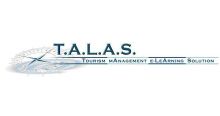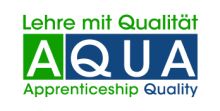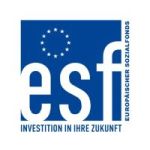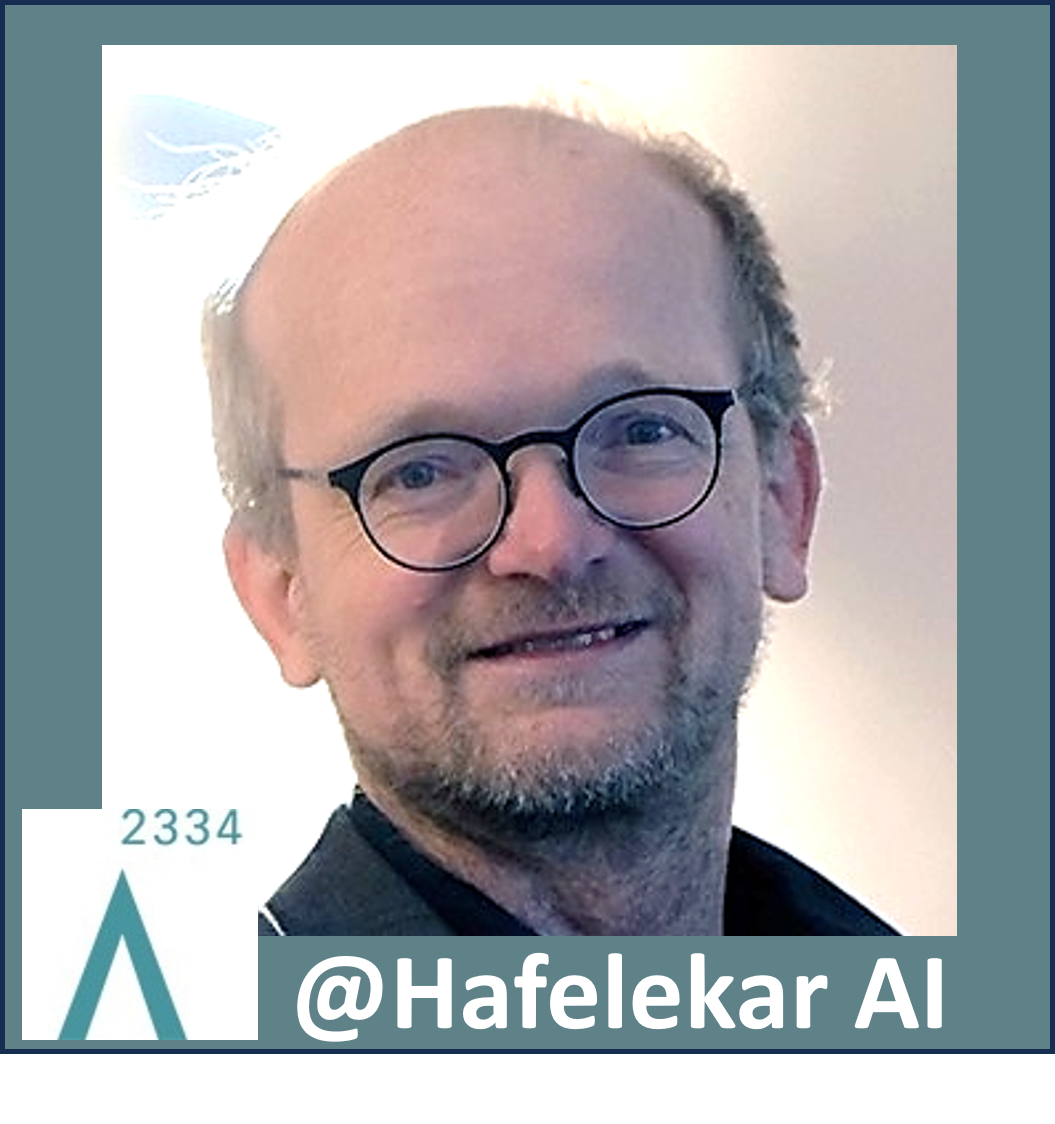
Tourism mAnagement e-LeArning Solution
TALAS aims to develop a flexible and continuing education program on distance learning basis. For people who work in tourism or for those who are planning to. Flexible means in this context: Learning when and where you want. Or can. Via CD-Rom, Internet and mobile phone.
Together with partners from Italy, Spain, Greece, Romania, Poland and Germany, Hafelekar Consulting developed a comprehensive modular e-learning system. Central theme: hospitality and tourism in Europe. In six modules the participants get to know different concepts of hospitality in Europe, Principles of Marketing and achieve verbal basic skills. The course concludes with a certificate.
The “Tourism Management” pilot course will be provided and tested in a specially developed e-learning platform and an M-learning portal. By means of multimedia, interactive educational material, the E-learning and m-learning course offers:
- Customized training paths
- Learning in small groups (online meetings),
- Learning by doing
- Flexible and dynamic learning processes,
- Online service
Project duration
October 2004 till September 2006
Project Partners
- Hafelekar Unternehmensberatung – Innsbruck (Austria)
- For.Com. Consorzio Interuniversitario -Rom (Italy)
- Universitatea Tehnica “Gh. Asachi” – Iasi (Romania)
- Danmar Computers – Rzeszów (Poland)
- Hellenic Regional Development Center- Patras (Greece)
- Instituto Europeo De Lenguas Modernas – Granada (Spain)
- Fundación Universidad Empresa de la Región de Murcia – Murcia (Spain)
- Soluzioni Informatiche – San Giorgio a Cremano (Italy)
- WBS TRAINING AG – Berlin (Germany)










